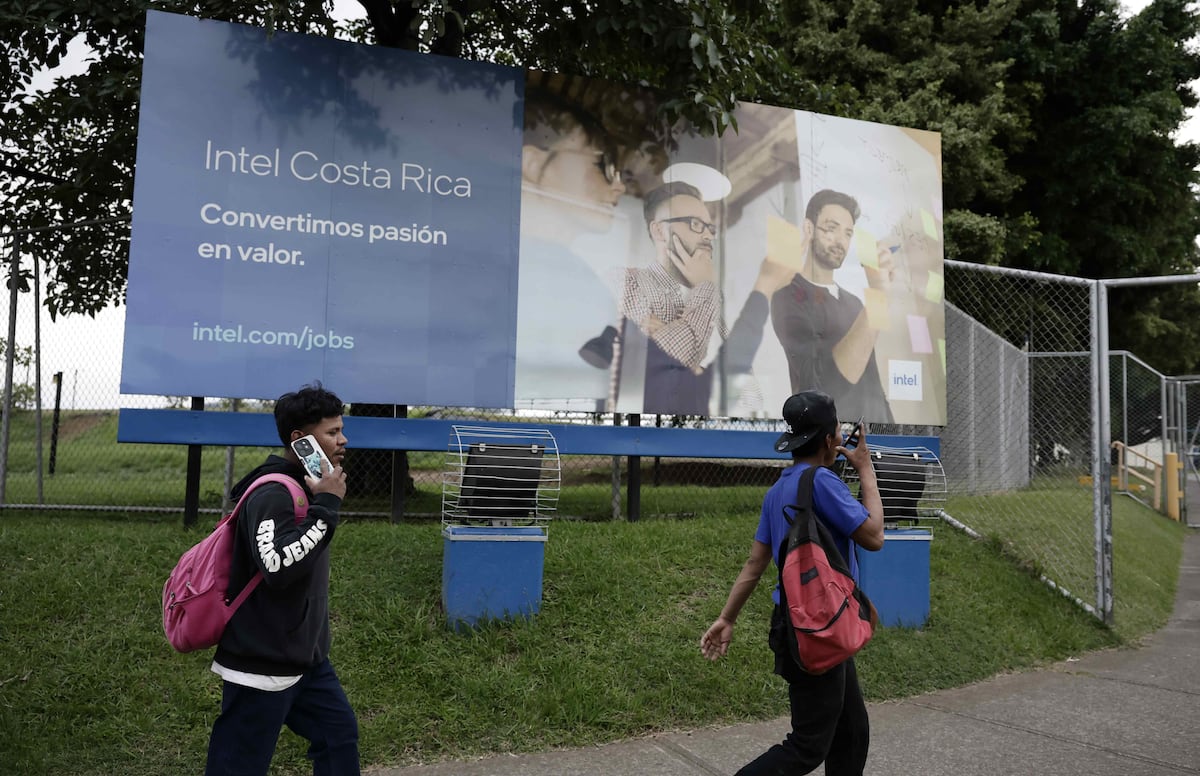Costa Rica's Tech Ambitions Face Setback as Trump's Opposition to CHIPS Act Impacts Investment

Costa Rica's aspirations to become a regional hub for semiconductor technology are facing a significant challenge following announcements by Intel and Qorvo to shift manufacturing operations to Asia. This shift is directly linked to former U.S. President Donald Trump's persistent opposition to the CHIPS and Science Act, a landmark piece of legislation designed to bolster U.S. semiconductor production and research.
The CHIPS Act, passed in 2022, allocated billions of dollars in subsidies and tax credits to encourage companies to build or expand semiconductor facilities in the United States. While intended to strengthen American competitiveness and reduce reliance on foreign supply chains, the Act's stipulations regarding where companies can locate their production facilities have inadvertently impacted countries like Costa Rica, which have diligently cultivated a thriving electronics manufacturing sector.
Why Intel and Qorvo are Moving Manufacturing Intel and Qorvo, major players in the semiconductor industry, initially explored expanding their operations in Costa Rica. However, the constraints imposed by the CHIPS Act, particularly the limitations on where companies receiving federal subsidies can manufacture their products, have made it economically unfeasible to maintain or expand their Costa Rican facilities. Moving production to Asia, where costs are often lower and regulations are less stringent, becomes a more attractive option.
The Impact on Costa Rica's Economy The departure of Intel and Qorvo represents a considerable blow to Costa Rica's economy. The country has long benefited from foreign investment in its electronics sector, which provides thousands of jobs and contributes significantly to its export revenue. The loss of these manufacturing operations will undoubtedly lead to job losses and a decline in export earnings, potentially impacting the country's overall economic growth.
Costa Rica's Strategic Importance & Future Prospects Despite this setback, Costa Rica remains a strategically important location for electronics manufacturing. Its skilled workforce, stable political environment, and favorable trade agreements continue to attract investment. However, the country needs to adapt to the changing global landscape and actively seek alternative investment opportunities, perhaps focusing on areas not directly affected by the CHIPS Act restrictions. Furthermore, Costa Rica could explore closer collaborations with other countries in Latin America to create a regional semiconductor ecosystem.
The Broader Implications of Trump's Opposition Trump's continued opposition to the CHIPS Act, even as he seeks to benefit from its provisions, highlights a complex and potentially damaging situation. While his arguments often center on protecting American jobs, the unintended consequences of his stance are impacting countries like Costa Rica that have been building competitive electronics industries. The future of Costa Rica's tech ambitions hinges on navigating this challenging environment and adapting to the evolving dynamics of the global semiconductor market.
Looking Ahead: Diversification and Collaboration Costa Rica’s long-term success will depend on diversifying its economy and fostering greater collaboration with regional partners. Exploring opportunities in areas like software development, data analytics, and specialized electronics manufacturing could help mitigate the impact of the CHIPS Act and secure a brighter future for the country's technology sector.






